CINÉMA CORPOREL | Maria Klonaris & Katerina Thomadaki
Special | CINÉMA CORPOREL
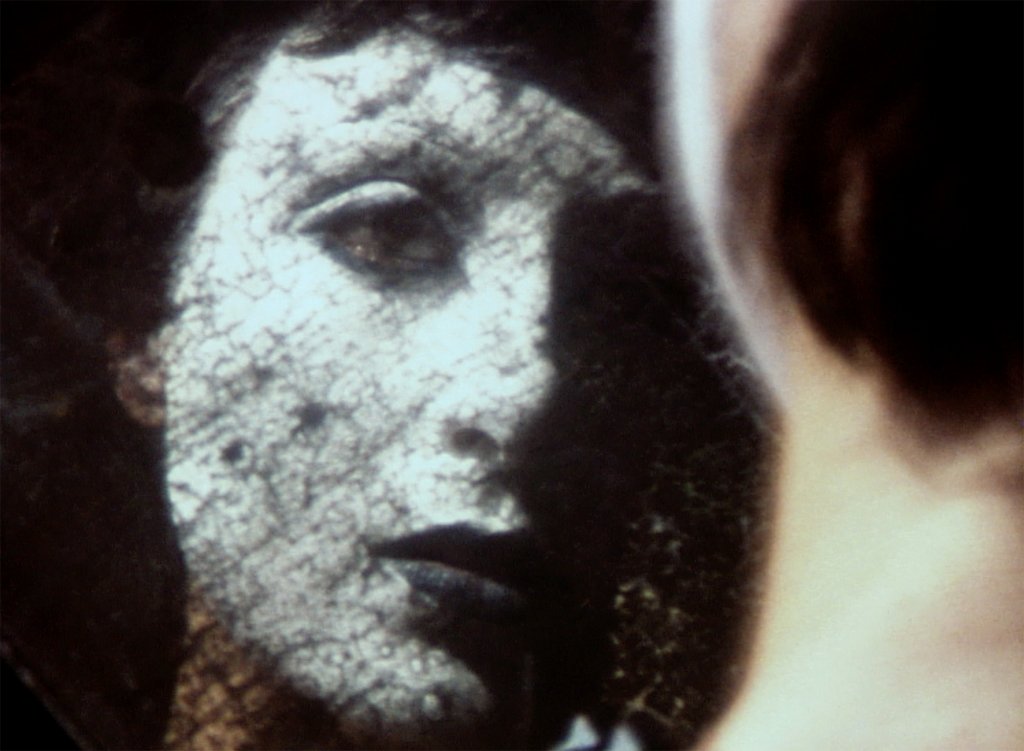
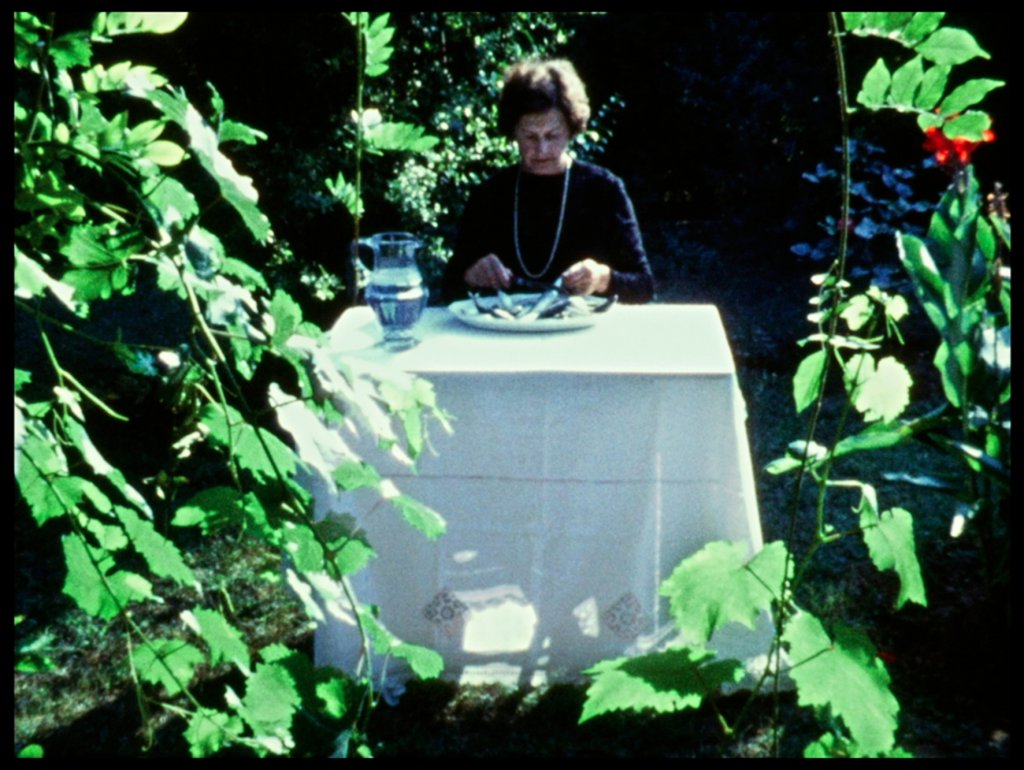
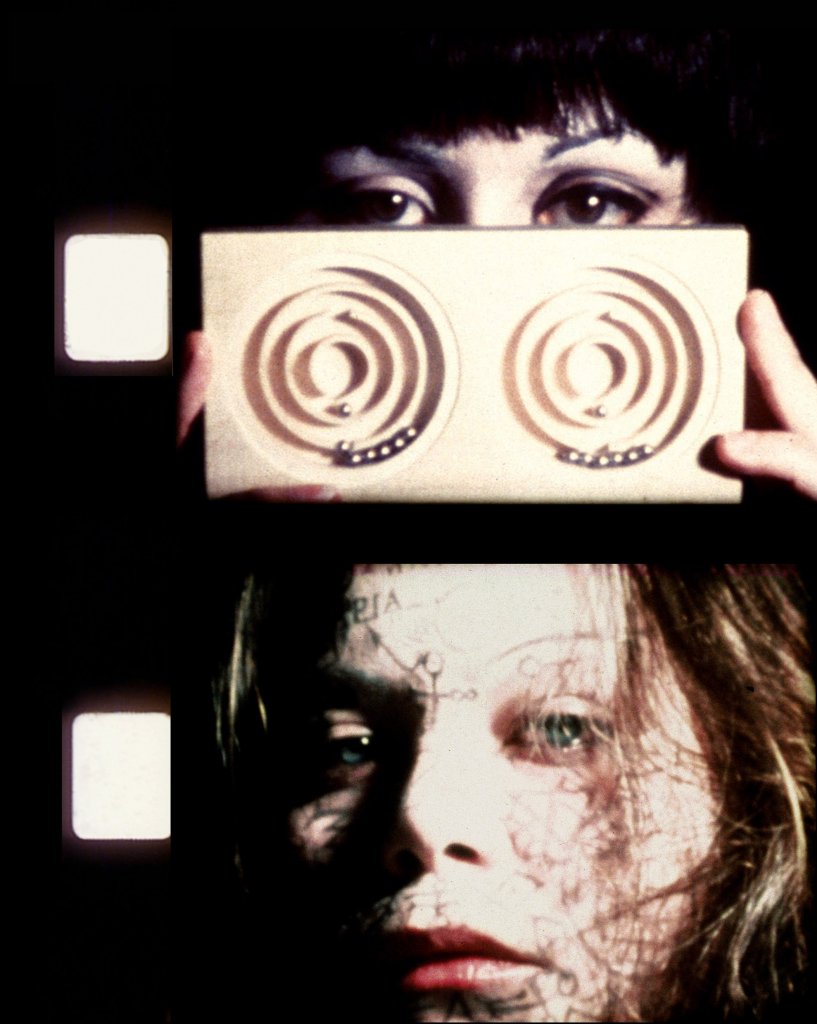
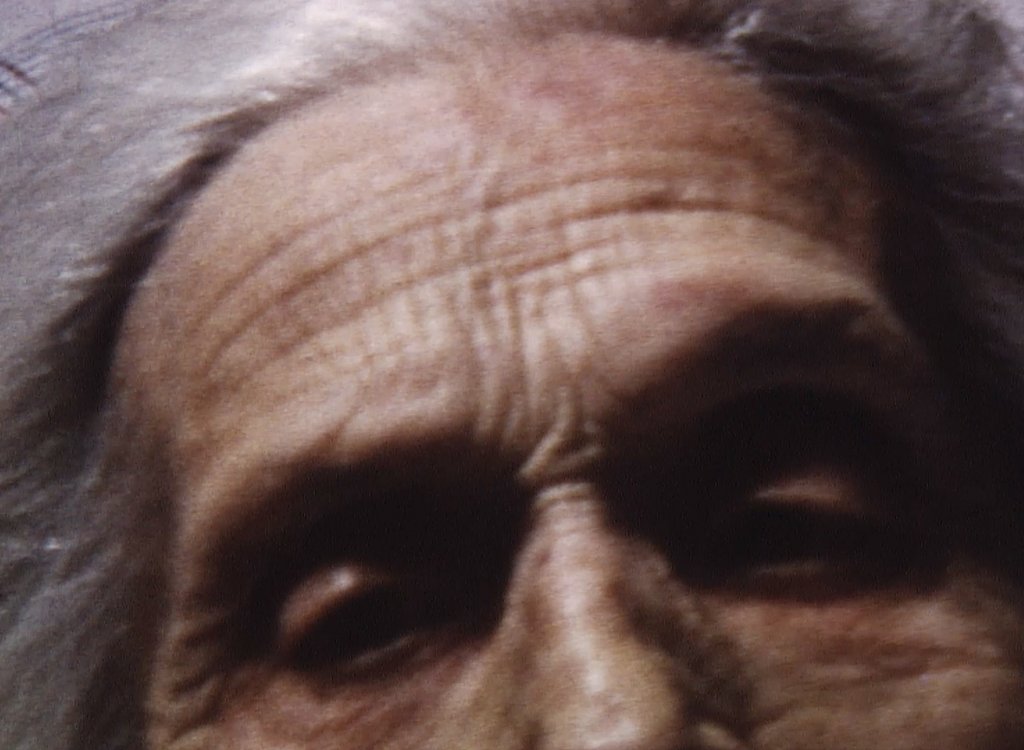
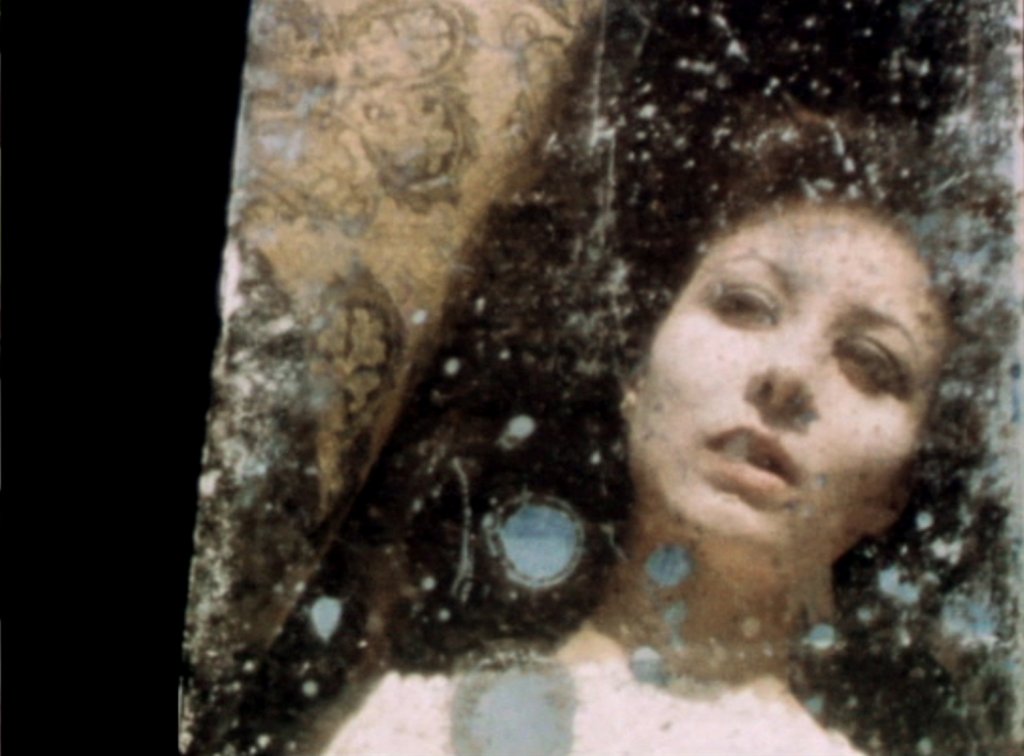
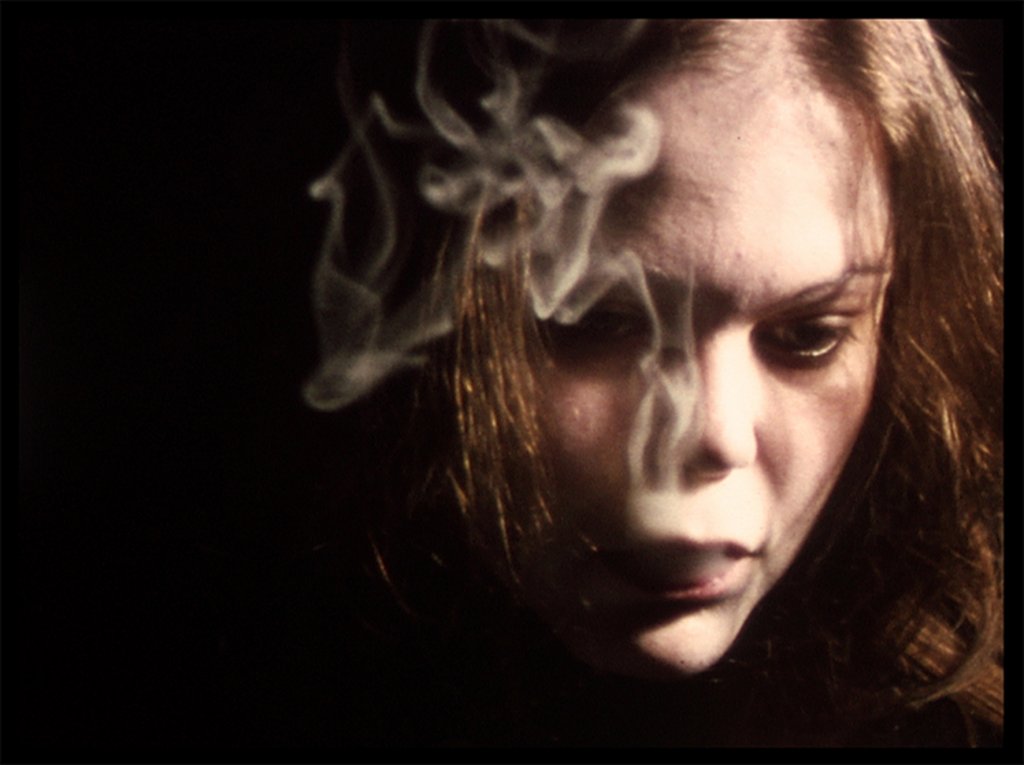
Multimedia artists Maria Klonaris (born in Cairo in 1950) and Katerina Thomadaki (born in Athens in 1949) quickly became well known in Greece for their drawings, illustrations, stage productions and essays on theatre. Since the mid-1970s, they have been primarily active in France, where they introduced the concept of “cinéma corporel” (cinema of the body) as leading representatives of the experimental film scene there. Years of artistic collaboration resulted in subversive works about the relationship between camera and body, female, androgynous and gender dissident identities, sexuality and the unconscious. Through their cinematic, performative and installation-based explorations of the construction of meaning and the ambiguities of gender, and with their designs on body images and patriarchal power relations, they did important pioneering work in the fields of queer cinema and avant-garde film. In 1980, the Centre Pompidou in Paris showed a retrospective of their films and expanded projection works, followed in 1992 by a retrospective at the Cinémathèque Française, as well as numerous other screenings in Europe, North America and Japan.
In two programmes, we present a selection of short and medium- length works rarely seen in Germany, which convey an impression of how Klonaris and Thomadaki chose and shaped the artistic form itself as a place of feminist practice and criticism. They often filmed themselves or friends with a Super 8 camera, documented their own performances, happenings and early forms of expanded cinema, narrated dreamlike, fairy-tale-like arrangements or portrayed other artists. They shaped and alienated their works through light and shadow, extreme camera angles, montage techniques, multiple exposures, plays of colour and the expressive possibilities of dance. From early on, many of their works questioned restrictive categories of desire or sexuality as well as rigid identities or gender logics and dealt with their power structures using recurring characters in an artistically productive way. They also formulated their ideas and positions in theoretical writings and activist texts. For instance, they published a Manifesto for a radical femininity for another Cinema’ in 1977 and in the following year a Manifesto for a Cinema of the Body.
Both programmes in the presence of Katerina Thomadaki
| Thu 18 Sept 2025 | Luru Kino |
| 7 PM | SMOKING FR/GR 1975/2016, silent, 4’, DCP FLASH PASSION GR 1970, silent, 2’, DCP 3.VII.1973 GR 1971, silent, 6’, DCP DOUBLE LABYRINTHE FR 1975-1976, silent, 50’, DCP In presence of Katerina Thomadaki |
| Fri 19 Sept 2025 | Luru Kino |
| 8 PM | PORTRAIT DE MA MÈRE DANS SON JARDIN FR 1980, silent, 9’, DCP UNHEIMLICH III: LES MÈRES (THE MOTHERS), PART 1 FR 1980-81, silent, 52’, DCP In presence of Katerina Thomadaki |





